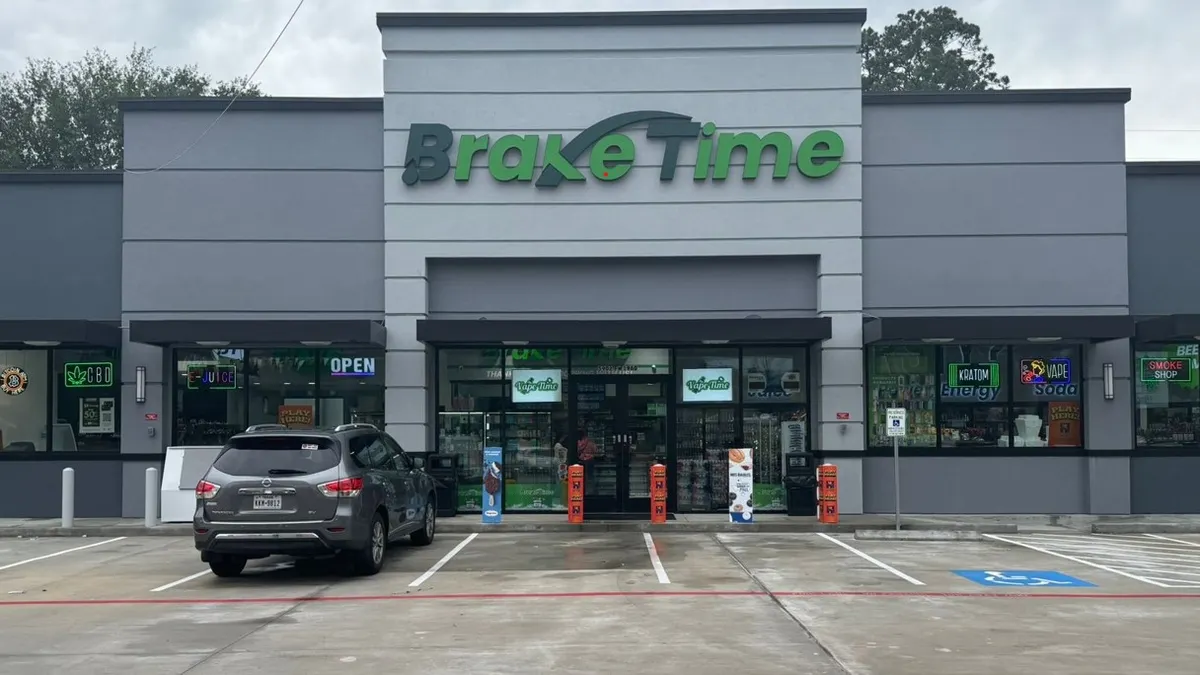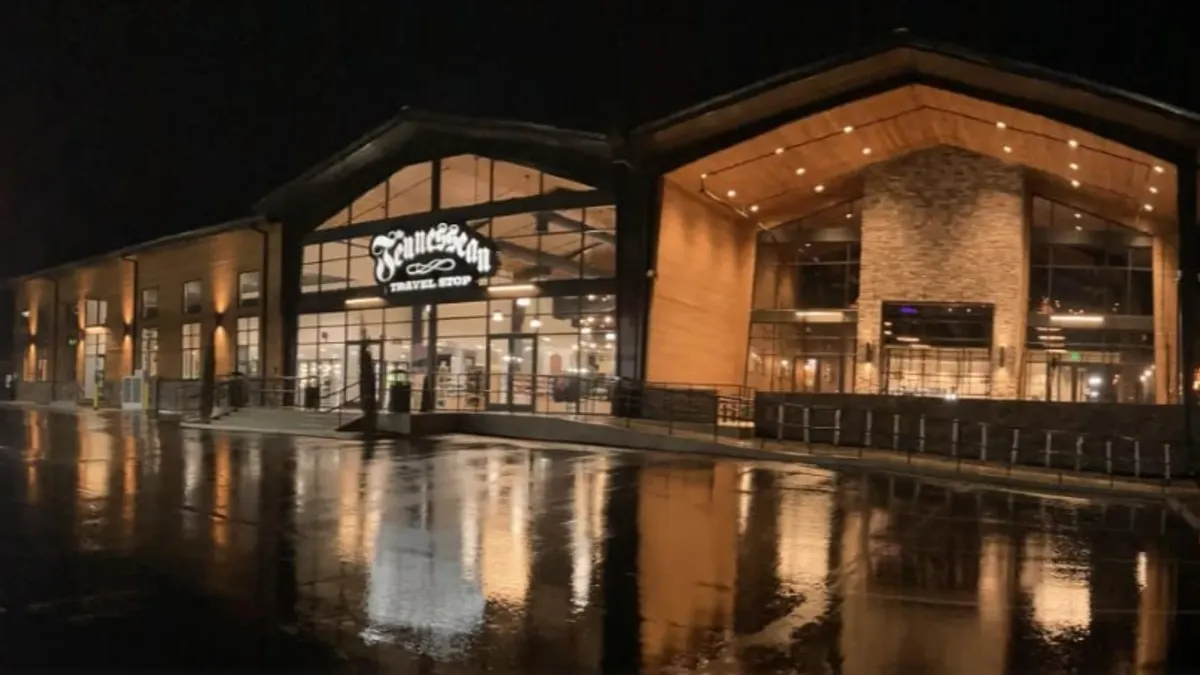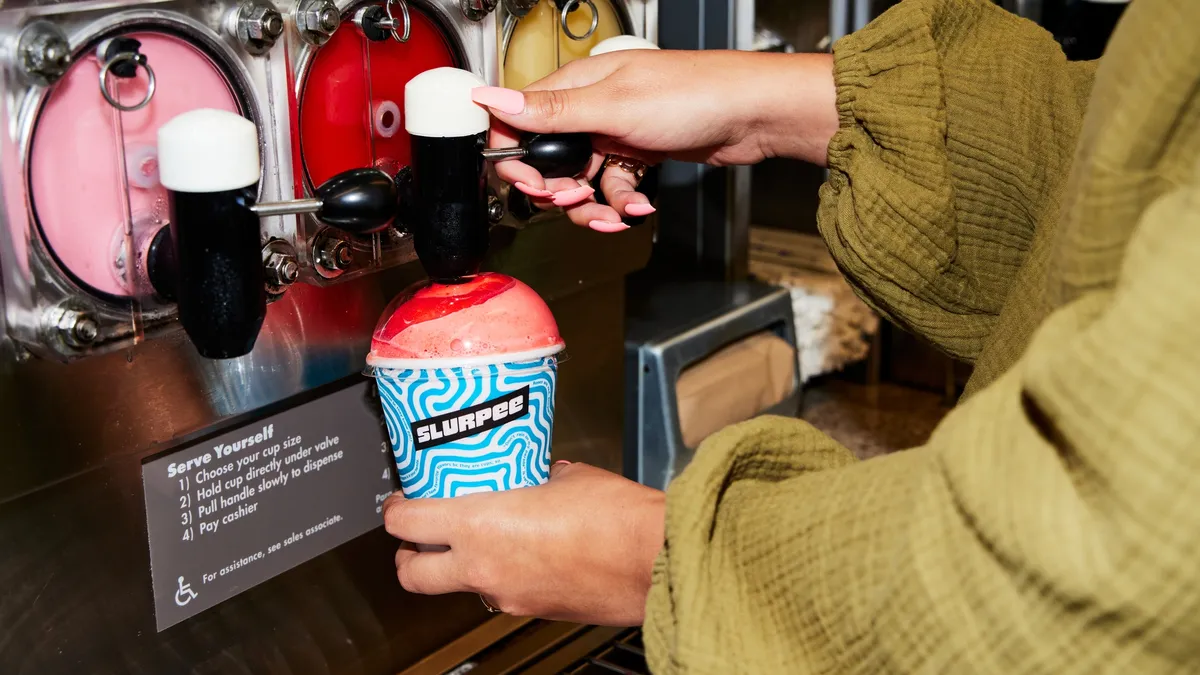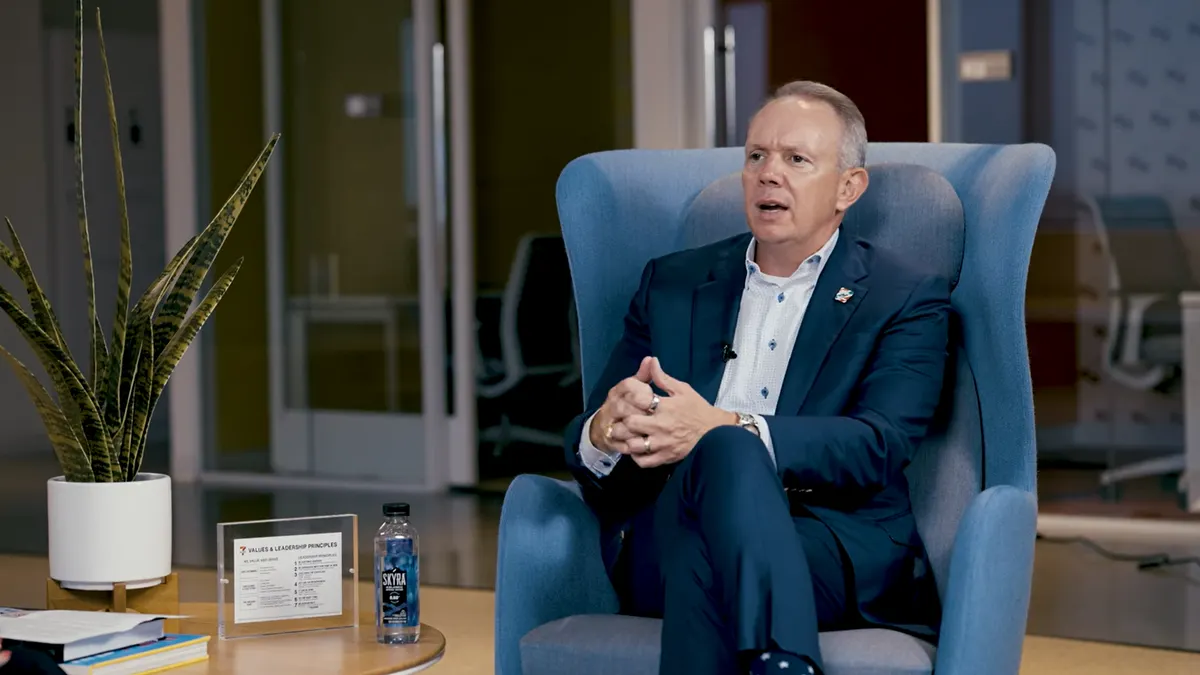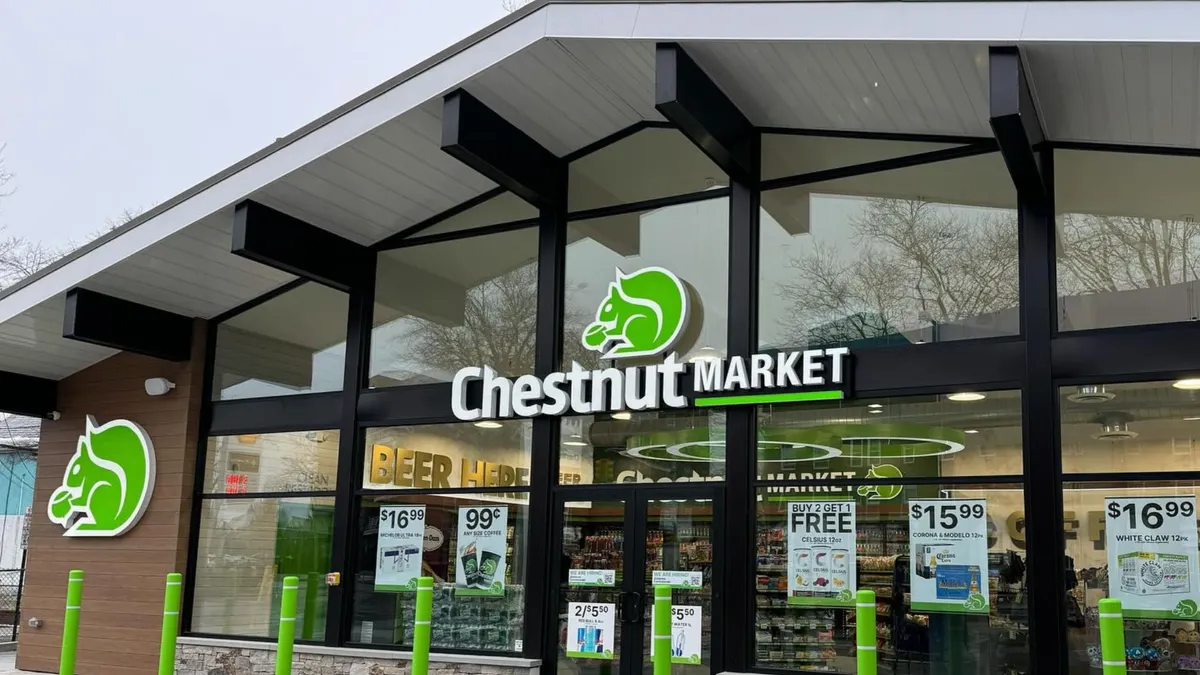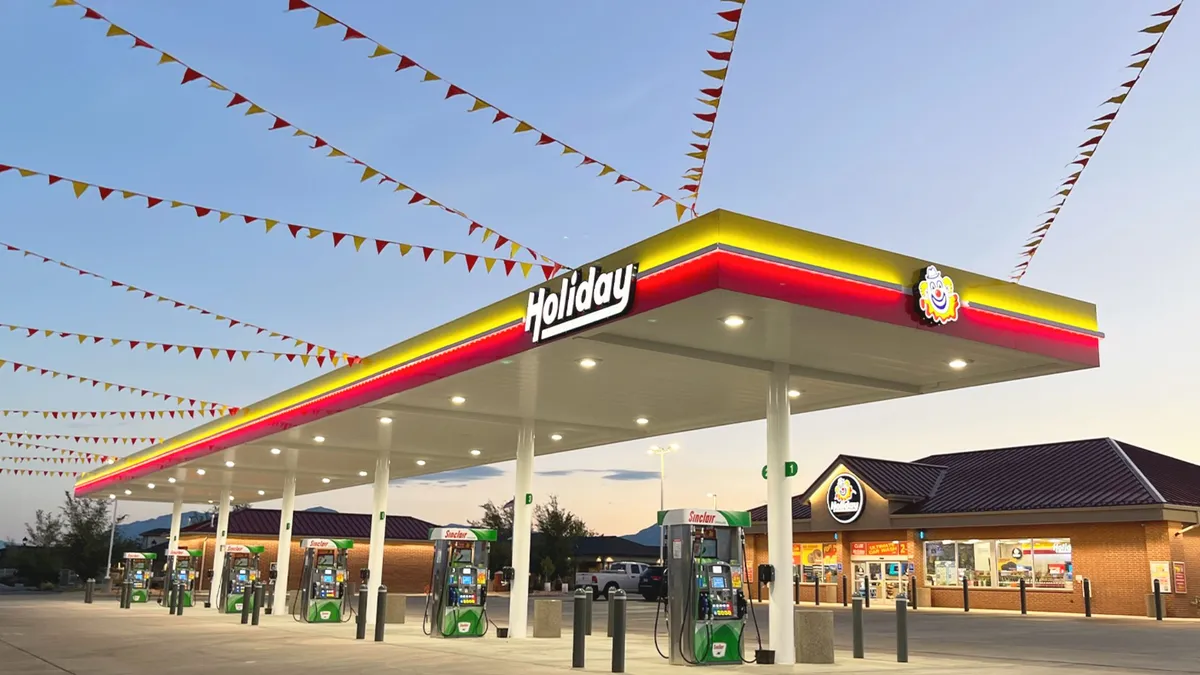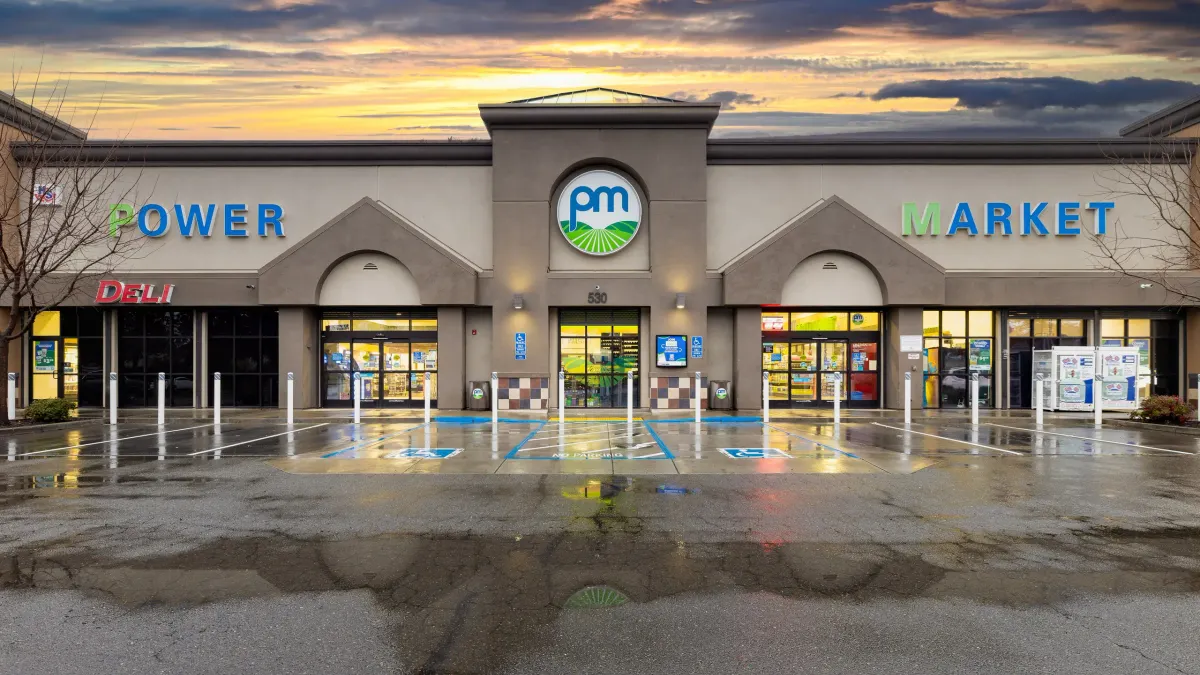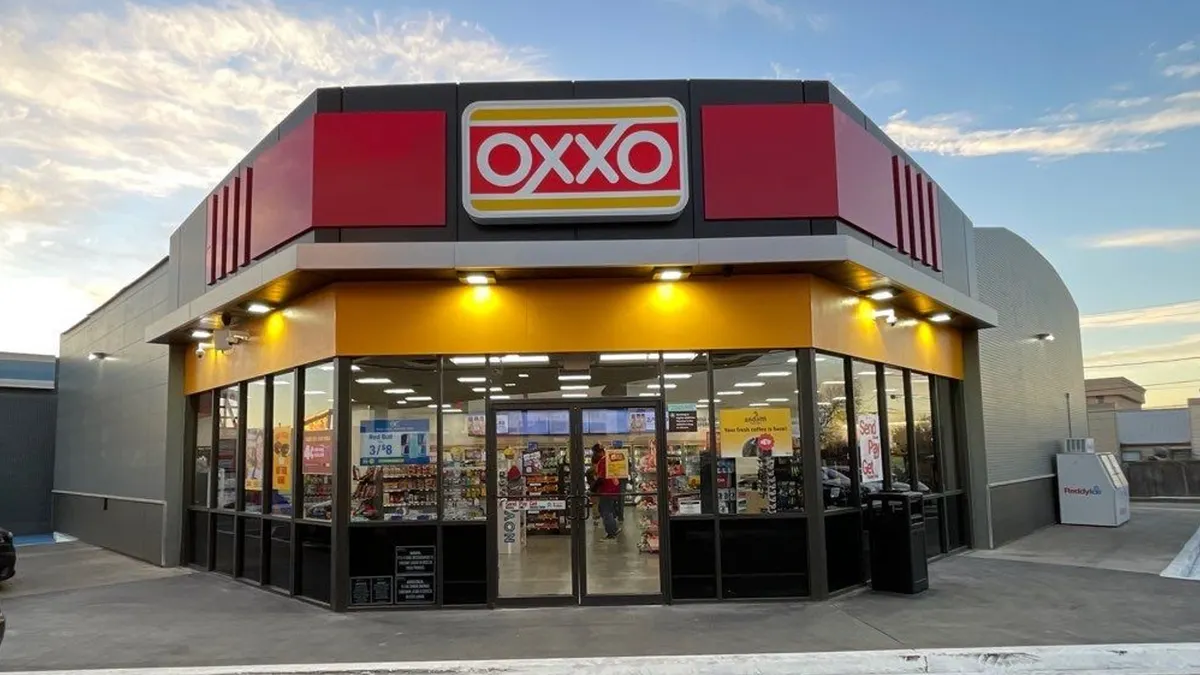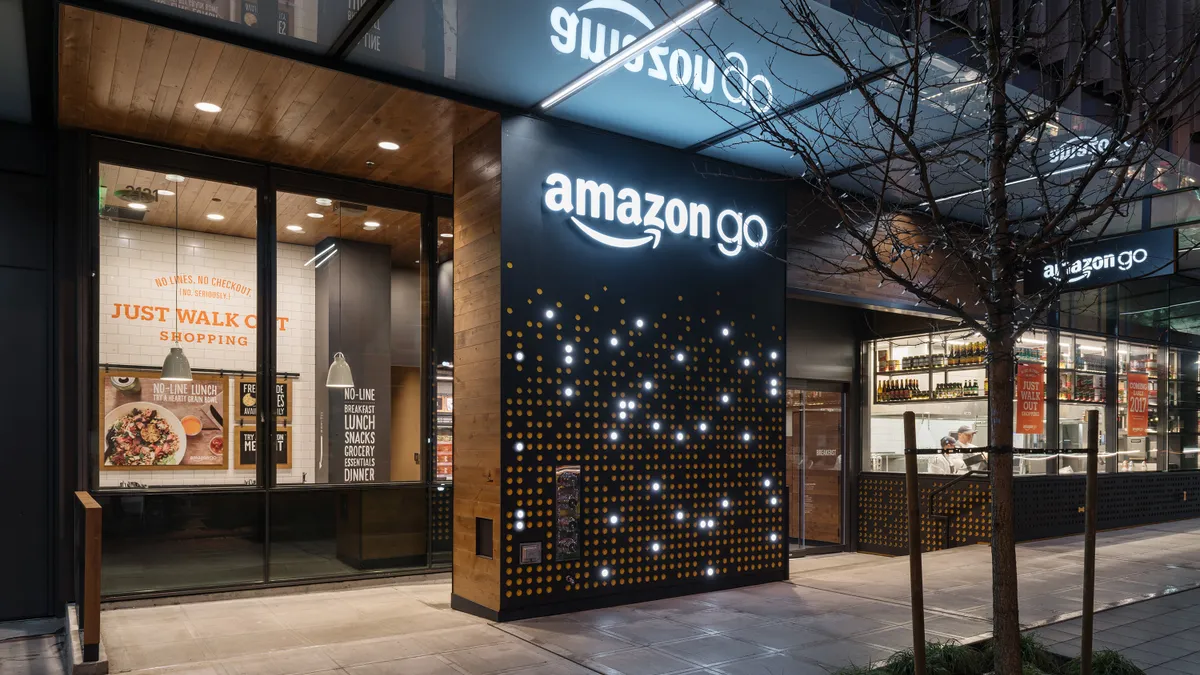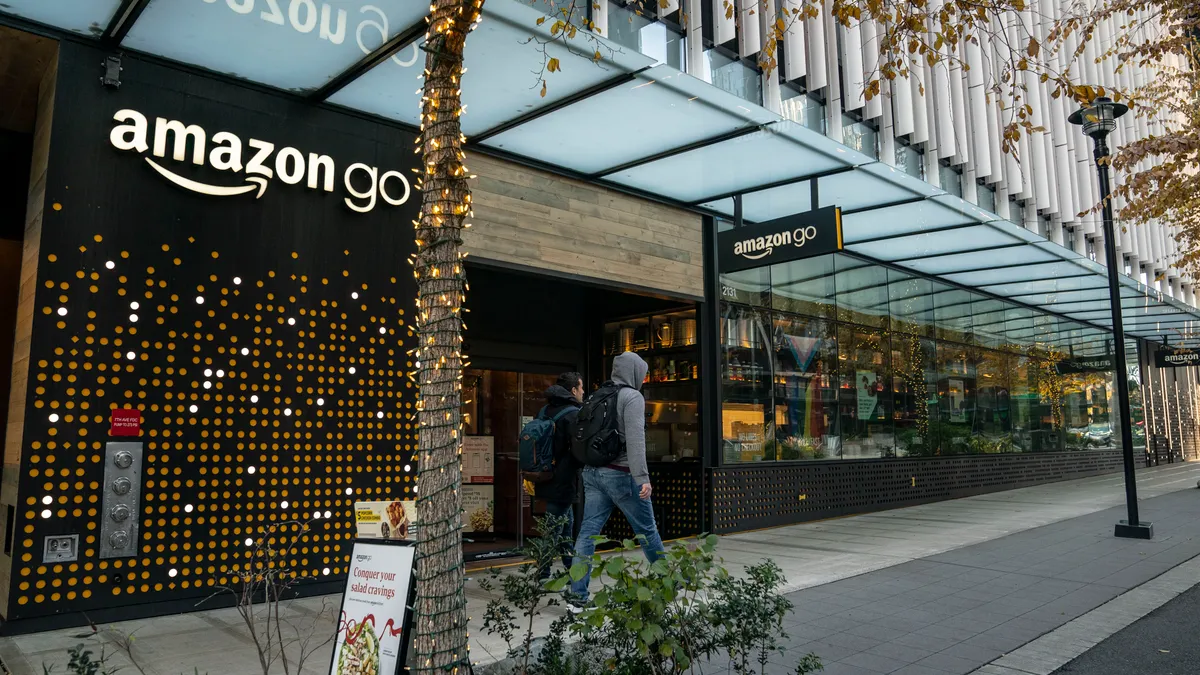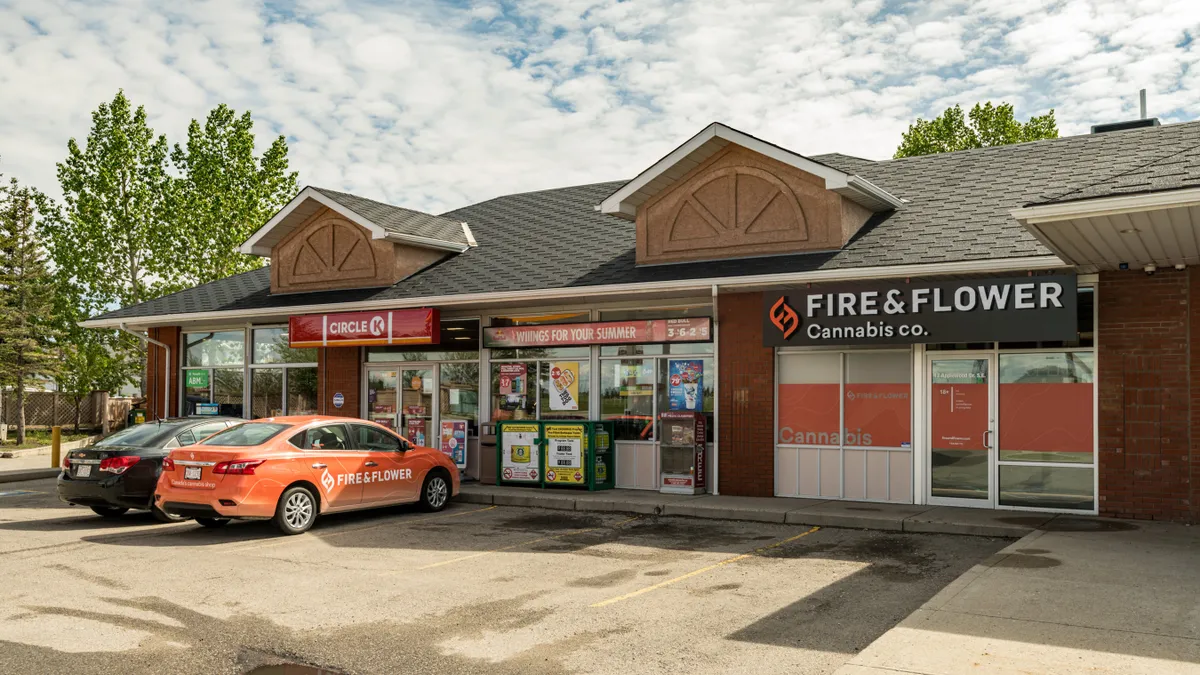Most Americans have likely heard of “Shark Tank,” the television show in which entrepreneurs pitch business ideas to wealthy investors in hopes of securing funding. The series has been so successful since its 2009 debut that it’s expanded to other countries, where some of those areas' richest individuals are calling the shots.
In Pakistan, which launched its iteration of the show in late 2024, one of those wealthy investors is real estate tycoon Usman Bashir, who owns several shopping centers, hotels, office buildings, and other properties across both Pakistan and the U.S.
He’s also the CEO and co-owner of BrakeTime Corner Market, a chain of about 300 convenience stores across the U.S.
Despite his many ventures, Bashir claims that BrakeTime — which he co-owns alongside his older brother and president, Omair — is the “bread and butter” of his $700 million net worth. Besides its c-store operations, BrakeTime also supplies fuel from Shell, BP and Valero to c-stores.
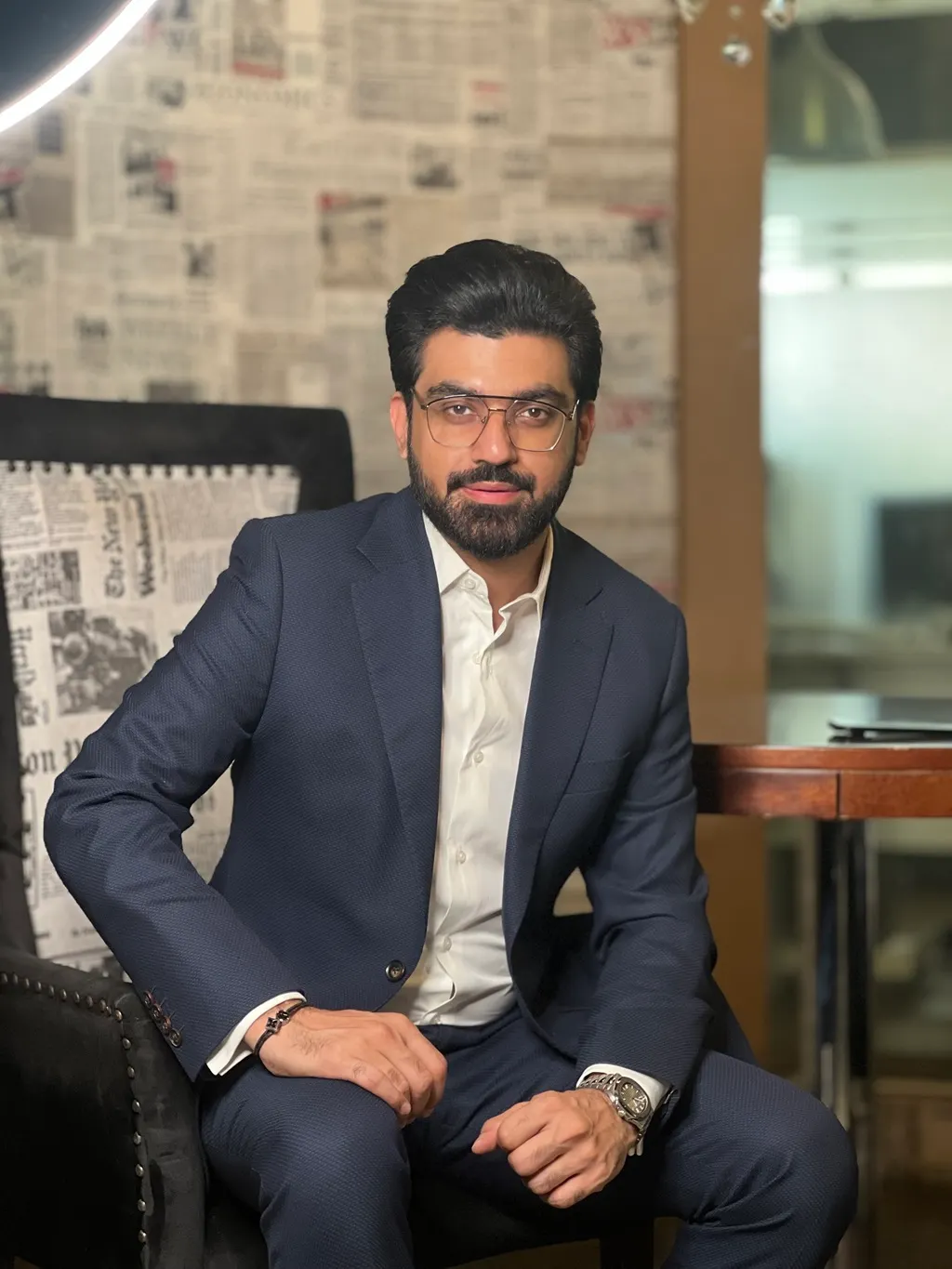
“Everything comes from BrakeTime,” Usman Bashir said in an interview. “Gas station operations are the front end of the company.”
In an industry where new store growth is celebrated and closely watched, BrakeTime is an enigma. According to Bashir, the company only had about five c-stores in 2014 when he joined the business, which his father founded in 2004. Today, its roughly 300 c-stores include 220 company-operated and around 80 dealer locations, yet the company has flown under the radar among U.S. retailers for years, which Bashir pinned to a lack of marketing.
But even having achieved steady growth over the past decade, Usman Bashir is shooting higher, with ambitions to to reach 1,000 BrakeTime stores across the U.S. at some point in the future.
“Our plan and goal is to keep expanding, and the sky is the limit,” he said. “How much we will be able to grow, that's something time will tell.”
Early days and fast growth
Bashir’s family began arriving in Houston from Pakistan in 1999, and their father opened his first convenience store in the area five years later. Omair, already in his twenties at the time, began working at the store while Usman was still in school.
After attending college in both England and Australia, Usman was drawn back to the family business. He joined the five-store retailer in 2014 and, with his father semi-retired by then, immediately noticed a lack of infrastructure.
“Omair was kind of all over the place running operations and accounting and legalities and expansion plans,” he said. “When I joined in, it gave him a lot of breathing space, and we could share responsibilities. And I think that's where the growth started kicking in.”
“Our major focus is we want to build up our own gas stations. I feel like the future is new gas stations — not these old stores that have been there for years.”

Usman Bashir
CEO and co-owner of BrakeTime Corner Market
BrakeTime reached nearly 20 locations by 2018, and a year later, bought over 40 locations in what was its biggest deal at the time, Bashir said. Notable acquisitions since then have included the purchase of another 40 c-stores in 2020, 48 CEFCO c-stores from former parent Fikes Wholesale in mid-2022 and 62 sites from EG America in 2024. All the while, BrakeTime continued to pick up stores via smaller deals, Usman Bashir said.
Within a decade, the company not only bought hundreds of locations but expanded its reach beyond Texas to areas like Illinois, Kansas, Minnesota and Montana.
A blessing in disguise
It hasn’t all been smooth sailing. BrakeTime’s growth plans hit a major roadblock right before the COVID-19 pandemic. That ended up costing the company significant time and money.
In late 2019, Bashir noticed that many BrakeTime stores were losing thousands of dollars over the course of several months. He had a hunch that it was theft, but since the stores had no monitoring system, he had no way of telling who took the money or how.
With the help of his brother and a newly appointed CFO and operations director, Bashir developed a back-office support team in Pakistan to track every BrakeTime store via real-time video monitoring. It turned out that cashiers were faking customer refunds and pocketing the money, Bashir said. The company fired 22 employees by January 2020.
The hiccup ended up being a blessing in disguise. The office in Pakistan became a resource not only for security, but to assist employees on the job by calling stores when they notice something might be wrong.
“Even if we see a gas station that is unattended for 15 minutes, we call the store, or whoever the live cashier is, and say, ‘Hey, are you okay?’” Bashir said.
The back-office team can also see which sites are low on fuel and contact U.S. carriers to schedule deliveries, Bashir said. They even handle most elements of data and payments.
“If we have to run payroll for 1,500 people in our company in the U.S, our Houston office would write it off, but the data entry part — exporting files and importing and processing it, running it through — would be the guys in our back office,” Bashir said.
Pakistan’s cheap labor costs allowed Bashir to build a back-office group of 500 people. This team is a major reason BrakeTime has been able to "survive and grow” through the years, Bashir added.
“That was really one of the best moves by which we could actually control the whole system.”
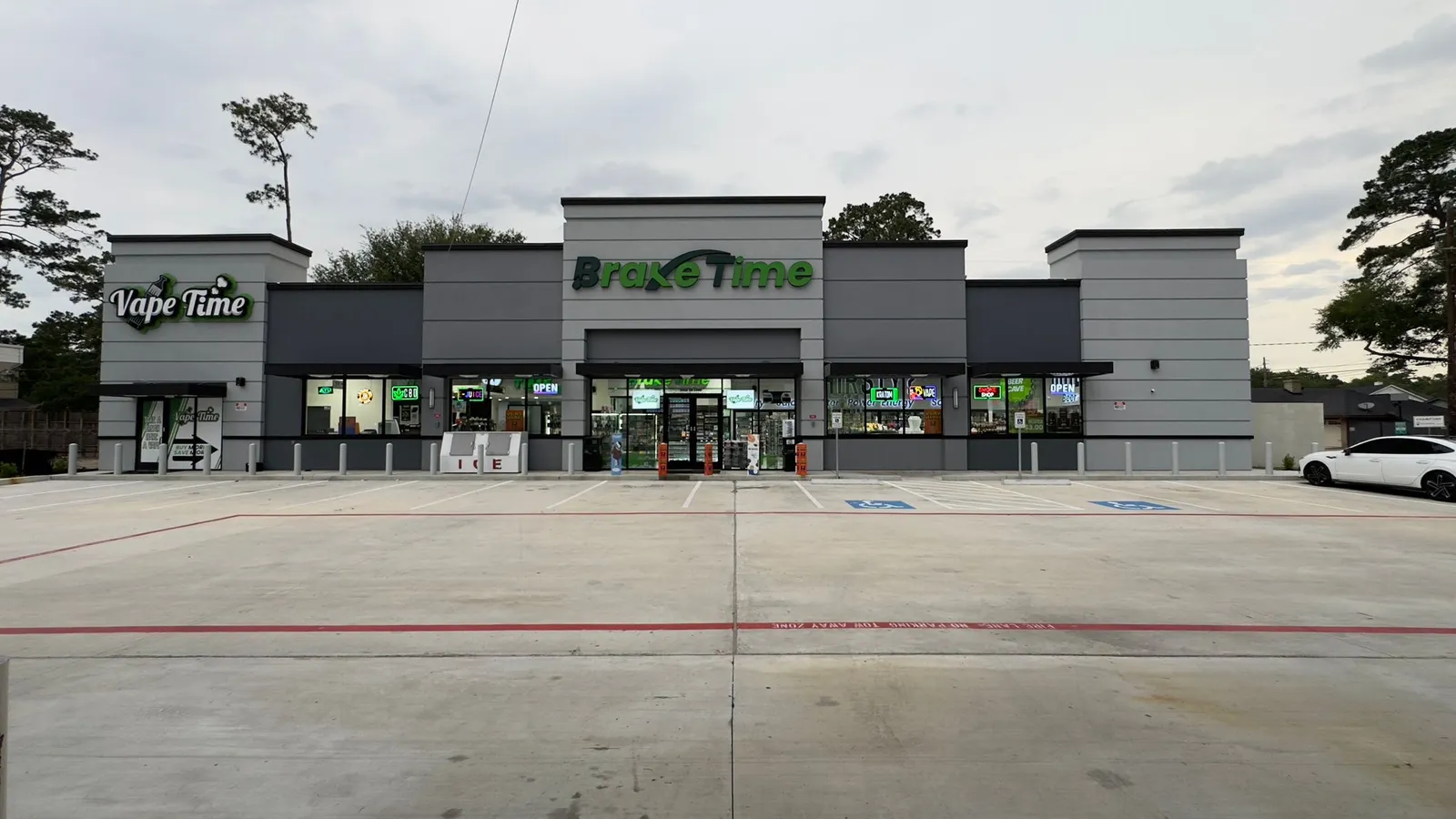
New stores, new look
A quick search for BrakeTime will show inconsistencies in the company’s internet and retail appearance. Its web presence is minimal, and even the signage on its stores is sometimes incorrectly spelled “BreakTime.”
Bashir said in the early days, all he and his brother cared about was making money through deals. Everything else — especially marketing — fell to the wayside. This even applied to remodeling the c-stores, which varied in size, product assortment and layout due to the randomness of the acquisitions, Bashir added.
But Bashir acknowledged that change has been needed given the company’s rise in the c-store ranks through the years.
"A year-and-a-half back, we were like, ‘Sh--, now we've got a lot of locations, and we’ve got to be more organized,’” he said.
Organic growth is at the forefront of this shift. Although BrakeTime doesn’t plan on stopping its deal-making, it’s starting to build its first set of ground-up locations, Bashir said. So far, BrakeTime has 35 new builds in the pipeline, the first three of which Bashir expects to open in Houston in the next couple months.
The rest of the new builds — scattered across Dallas; Tempe, Arizona; and parts of Kansas, Colorado and Arkansas — are expected to be operational by the end of 2026. Long-term, BrakeTime wants to build 20 to 30 stores every year, Bashir added.
“Our major focus is we want to build up our own gas stations,” he said. “I feel like the future is new gas stations — not these old stores that have been there for years.”
Beyond the store
While about a dozen sites that have either a Subway, Krispy Krunchy Chicken or Hunt Brothers Pizza, foodservice isn’t one of BrakeTime’s strengths, Bashir said. But as the retailer acquires more locations and begins to build its own, he aims to capitalize on foodservice, notably through QSR partnerships.
“We want to build new gas stations, but we also want to really focus on QSRs,” he said. “I feel like restaurants and the food business are evergreen, and that's something which would always be in play.”
Bashir said BrakeTime’s new builds will include a universal kitchen that’s exactly the same from store to store and can support in-house QSR programs that differ by region. It even has a concept in the works that combines America, Mexican and Chinese cuisine.
“We're in that testing phase, because food is the way to move forward,” he said.
The Bashir brothers are even tapping into the smoking market. Less than two years ago, they launched a smoke shop business, Vape Time, that sells vapes, cannabis, hookah and other smokeable items. Vape Time’s website shows 10 locations across Texas, Arkansas and Kansas, although Bashir said that number is closer to 25. Each location is adjacent to a gas station.
Bashir emphasized that team and infrastructure are what he values most, whether it’s through growing BrakeTime or haggling with entrepreneurs on “Shark Tank Pakistan.” He displayed these values when he made the largest investment in the show’s history last year.
“You’ve got to bring in the right people with the right morals and ethics who want to grow,” he said. “If somebody wants to grow, they can help you grow.”


